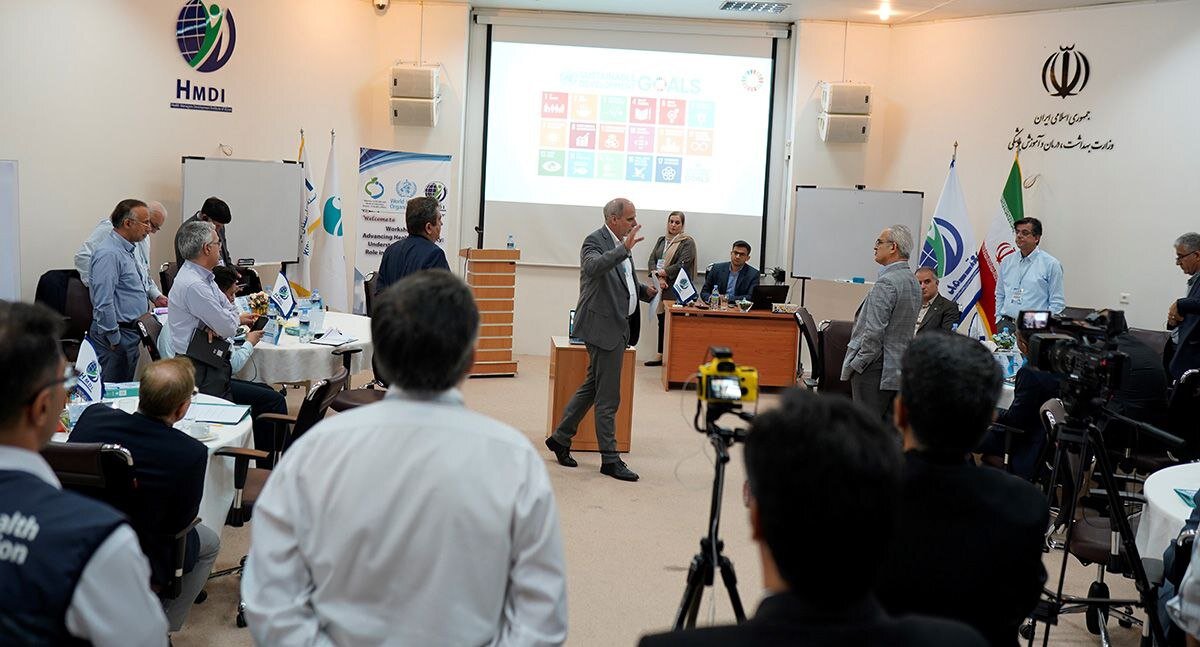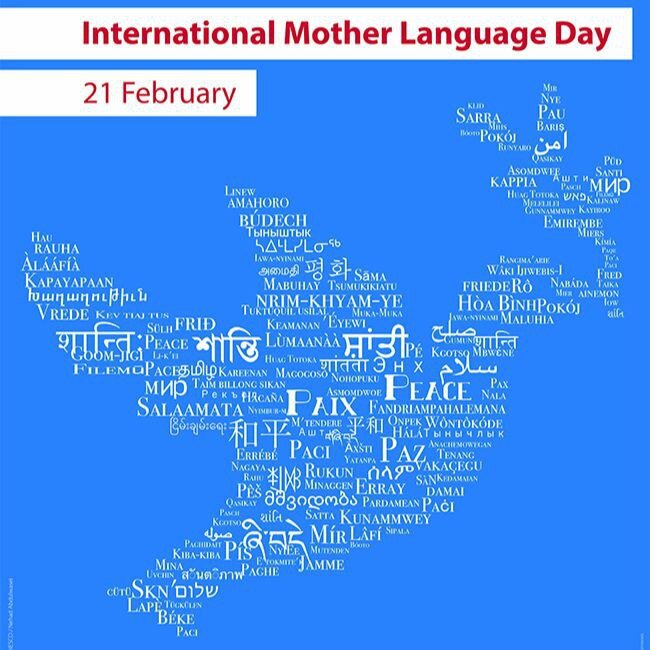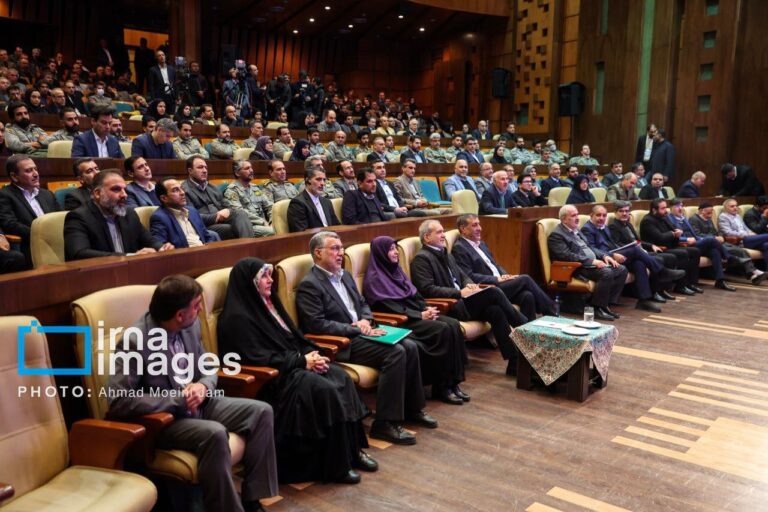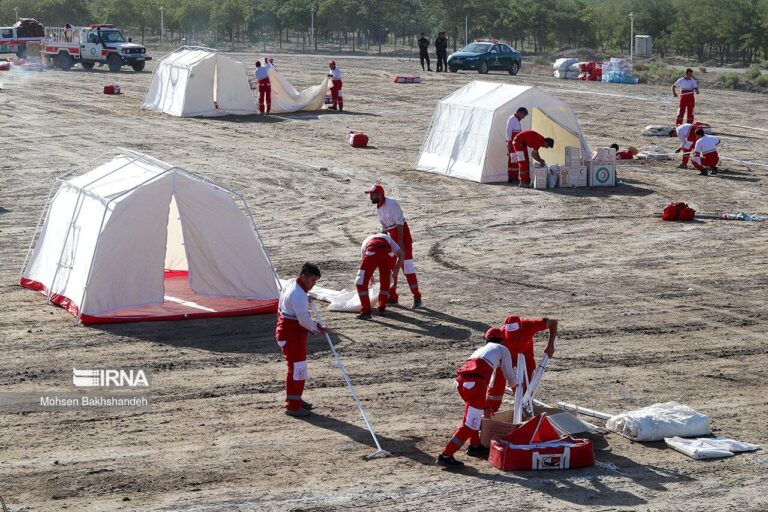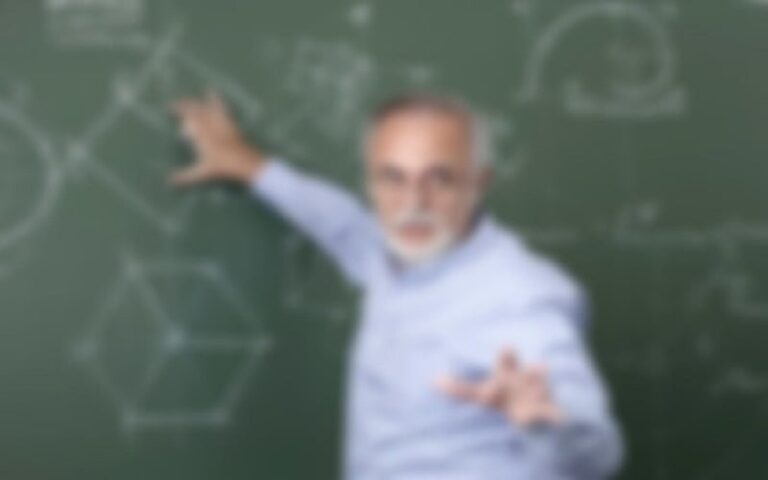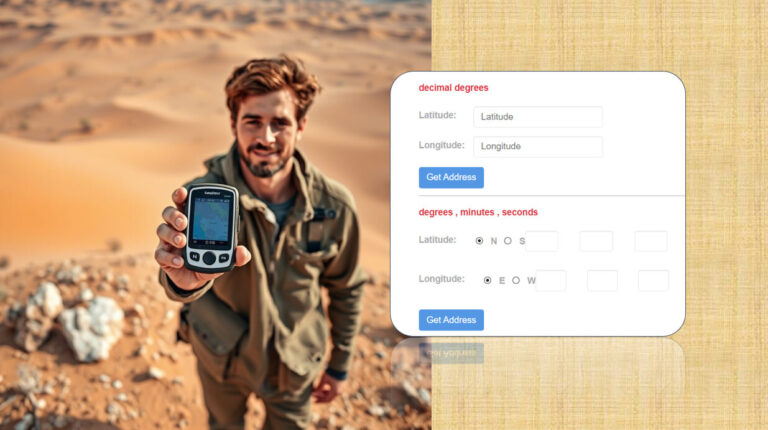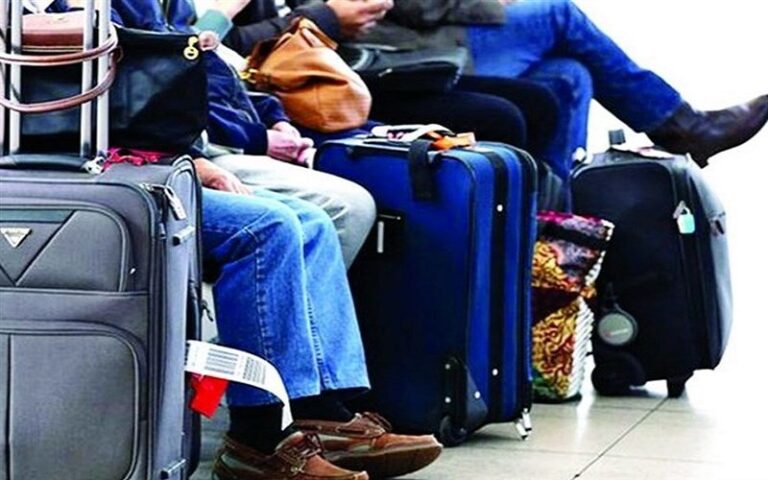Empowering Global Health: How WHO’s Health Diplomacy Workshop Enhances National and International Security
TEHRAN – A recent two-day workshop titled ‘Advancing Health Diplomacy: Understanding the World Health Organization’s Role in Global and National Health System’ took place in Tehran. This event aimed to enhance the knowledge of key health leaders and policymakers regarding the crucial field of health diplomacy.
Held on May 13 and 14 at Kish Island, the workshop was part of the 4th Health Diplomacy Seminar. The event emphasized the World Health Organization’s (WHO) essential role in global health security and the importance of aligning national health priorities with WHO’s global and regional strategies.
The seminar was organized through a collaborative effort by several key organizations, including:
- The Iranian Ministry of Health
- The World Health Organization (WHO) office in Iran
- The Health Managers Development Institute
- The Health Diplomacy Research Centre at Iran University of Medical Sciences
This multistakeholder partnership highlighted a unified commitment to enhancing health diplomacy and cooperation within the region.
The workshop gathered 43 attendees, comprising chancellors of universities of medical sciences, vice-chancellors for public health from various regions, and senior managers from the Ministry of Health and Medical Education’s headquarters. This diverse representation underscored the significance of collaborative efforts in health diplomacy.
During the workshop, WHO Representative and Head of Mission in Iran, Syed Jaffar Hussain, alongside his colleagues from the country office and Qaiser Pasha from the WHO Regional Office for the Eastern Mediterranean, delivered comprehensive presentations on WHO’s governance and roles at national, regional, and global levels. Key discussion points included:
- Enhancing understanding of WHO’s governance structure
- Functions and contributions to global health initiatives
- Focus on universal health coverage and health-related Sustainable Development Goals (SDGs)
Additionally, the UN Resident Coordinator in Iran, Stefan Priesner, shared insights on the structure and global role of the United Nations. His presentation provided a broader context regarding the SDGs and highlighted Iran’s progress towards achieving these ambitious targets.
The WHO team addressed a variety of topics, offering a deep dive into:
- SDG 3 (Good Health and Well-being)
- Collaboration mechanisms between WHO and other UN agencies
- WHO’s direct contributions to health-related SDGs
- Strategies for managing global pandemics and emergency response
- Opportunities for engagement with WHO
- The framework of the Country Cooperation Strategy
- WHO’s General Programme of Work
These sessions furnished participants with a comprehensive overview of WHO’s operational frameworks and strategic priorities, reinforcing the importance of international cooperation in health diplomacy.
At the closing ceremony, the Minister of Health and Medical Education of the Islamic Republic of Iran, Mohammad Reza Zafarghandi, emphasized the significance of health diplomacy, stating: “I am pleased that today this concept is being recognized not only in the field of human health and health care but also within the framework of developing international relations and regional and global cooperation. I hope that such events can significantly contribute to promoting a health-oriented discourse in foreign policy and enhancing international engagement in the health sector.”
Zafarghandi’s comments highlighted the Iranian Government’s dedication to integrating health considerations into its foreign policy agenda, showcasing a progressive step toward improved health outcomes.
Deputy Minister for Public Health, Alireza Raeisi, expressed gratitude to Hussain and the WHO team for their valuable contributions to the workshop. He acknowledged the beneficial impacts of the seminar and expressed hope for the continuation of such workshops, emphasizing the importance of sustained capacity-building and collaborative efforts in health diplomacy.
The 4th Health Diplomacy Seminar represents a significant advancement in strengthening the Islamic Republic of Iran’s health system through enhanced understanding and engagement with global health actors. The insights gained and connections made during this workshop are poised to advance health diplomacy, ultimately fostering healthier communities both nationally and regionally.
